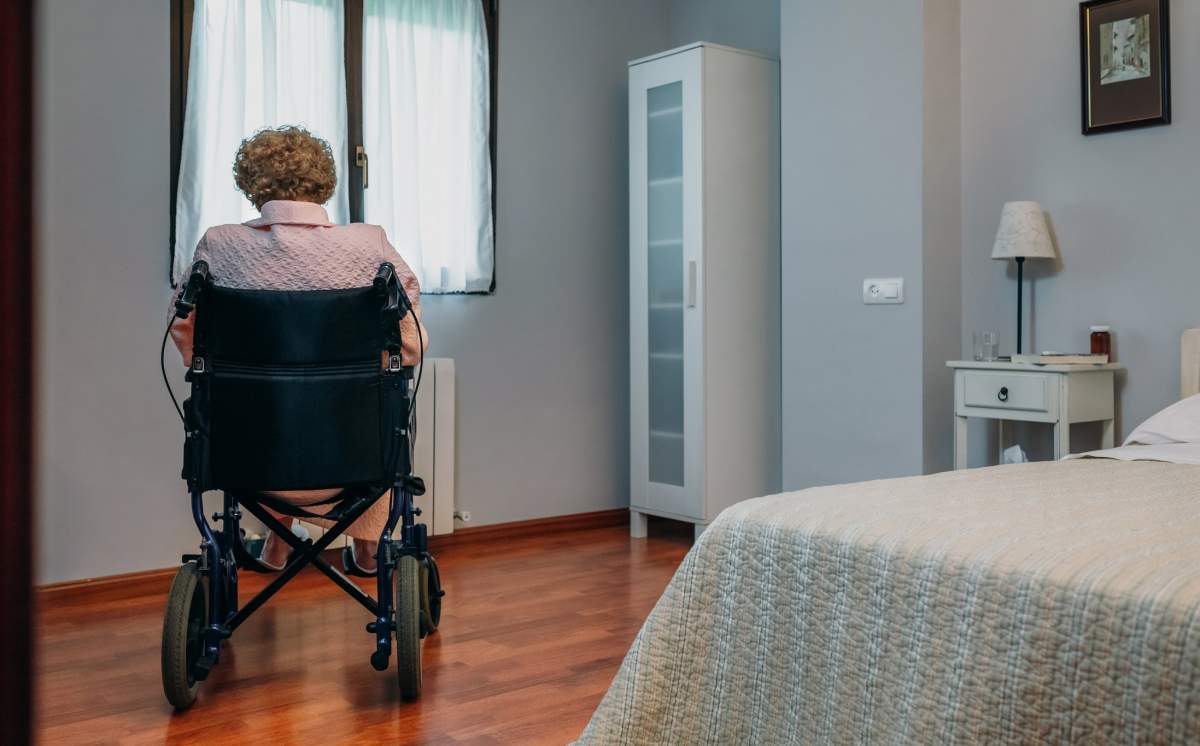While people worldwide are dealing with the stresses of the COVID-19 pandemic, one group that may be struggling to understand the crisis most is seniors with dementia.

An expert on aging, gerontology, and seniors says it’s difficult to broach the subject with a loved one who isn’t aware the pandemic is even happening.
“If mom does not realize there’s a pandemic, if mom doesn’t remember all the different changes that are happening right now… you’ve got to work around it,” Jennifer FitzPatrick told 680 CJOB.
“I don’t think you want to address it over and over and over again.
“Remember back in March, when we heard ‘pandemic’ and there was so much panic?”
“Your loved one is probably going through that every time you remind them.”

FitzPatrick, who runs the Jenerations healthcare education group, and is also a gerontology instructor with Johns Hopkins University in the U.S., said the only time she really recommends using logic and reason — and being completely direct about what’s happening with the crisis — is when you’re dealing with someone whose dementia is in the very early stages.

Get weekly health news
“I would just focus on, ‘mom, today we’re going to take a walk,’ or ‘we’re going to BBQ outside’, or you know what, we can’t visit the grandkids today,'” she said.
“I would just be really focused on trying to avoid language that can be panicky.”
FitzPatrick said for some people with dementia, the option of video calls via Zoom, Skype or FaceTime are a good way to keep in touch if in-person visits are impossible due to health concerns.
If your loved one is uncomfortable with a screen, she said, don’t underestimate the simple power of a phone call.
“Focus on telling them a story, on reminiscing — try to avoid current subjects.”
That advice can be touchy with some family members, she said, because it sounds like she’s encouraging them to lie to their loved ones.
“I’m not asking you to lie — I would just be careful about ‘pandemic’ and ‘COVID’ and giving them these complicated stories.”
Telling someone there’s a flu going around and that the care home is being careful about in-person visits for a little while could be a solution, she said.

Manitoba’s Phase Four reopening plan makes some changes to the restrictions for visiting family members in care homes — as of Saturday, up to two designated support people will be able to visit residents at the same time indoors, with a number of precautions in place.
The province defines support people as either close family or friends who have been involved in providing care. Visitors will be required to be screened for symptoms before entering, wear a mask, and go directly to the resident’s room.
For other general visitors who aren’t considered support people, the province is encouraging outdoor meetings, which are allowed for a ‘reasonable’ number of people, which would depend on how much space is available.
Due to the uncertainty around coming into contact with unknown people or being otherwise exposed, off-property visits remain something health officials don’t recommend.
Premier Brian Pallister said all of the elements in Phase Four — which also includes limited reopening of cinemas, casinos, and theatres, as well as loosened restrictions for care homes and retail businesses –are based on careful consideration.
“We listen, we consider, and then we put out a plan based on that,” Pallister said Wednesday.
“We made dozens of changes in our previous three stages on the basis of the feedback we got from the public.
“I think our plans are better because of that and I expect this one will be better because of that as well.”













Comments
Want to discuss? Please read our Commenting Policy first.